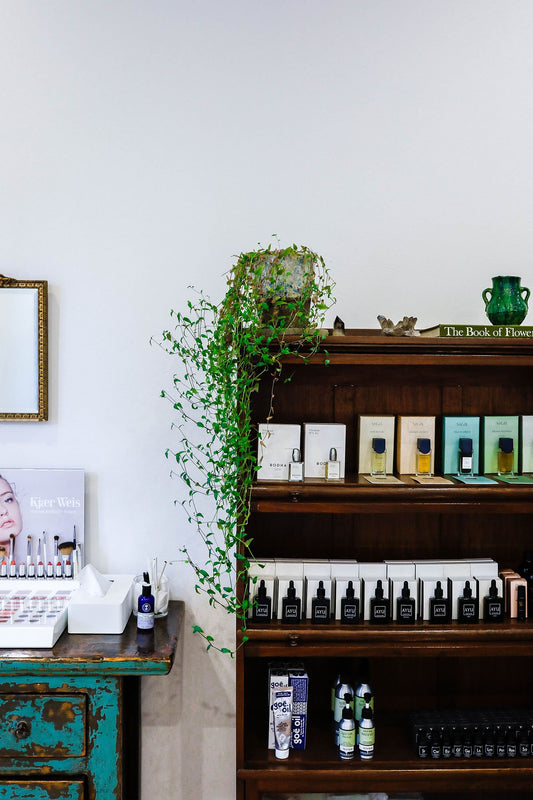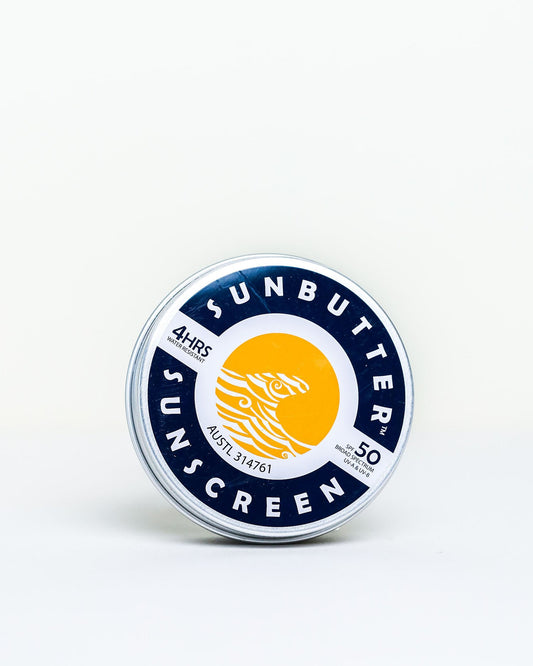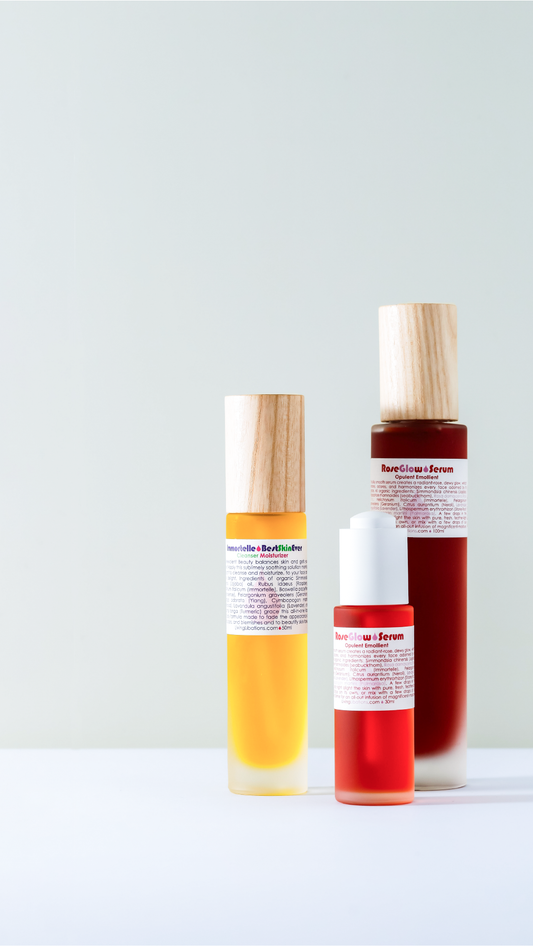Ageing is both inevitable and, in my opinion, a privilege. Intrinsic ageing or chronological ageing is a genetically determined process. However, the speed and degree of this biological and physiological process is greatly influenced or magnified by extrinsic ageing factors such as exposure to environmental pollutants, certain medications, smoking, general food and lifestyle choices. The current trend and general approach are to mask an individual’s intrinsic age through cosmetic modification only. My goal as a Facial Therapist and Naturopath is to assess the true condition of a client’s skin as well as their level of intrinsic and extrinsic ageing. By gathering all relevant information, I’m able to help identify what may be interfering with the skin’s natural healing process. However, it’s not enough to determine only what but also why. Only then can we get to the root cause and create a program that will truly benefit your skin’s future health. Our motto at Luna is healthy aging rather than anti-aging.
Besides the physiology of skin, how a client feels about their skin is of utmost importance. Particularly when it comes to ageing, it’s understandable that most feel self-conscious about some aspect of their skin or facial presentation whether it’s fine lines around the eyes, deep forehead creases or sagging skin on the neck. Hence, reframing our expectations of ageing and how we feel about the process is just as important. My area of interest is in skin health. I like to take into account the skin’s physical presentation and the client’s emotional wellbeing and how this may be impacting their skin and general body systems.
When assessing the physical presentation of a client’s skin, I’m looking at three main characteristics:
-
Texture: is it bumpy and congested or thin and fragile or crepey?
-
Colour: is there good circulation and a rosy glow? Does the skin have a sallow or dull appearance? Is there redness, fragile/broken capillaries or signs of inflammation? Is it mottled, pigmented, even or uneven in colour? Signs of post-inflammatory hyperpigmentation (on darker skin tones this will appear more purple than red).
-
Secretion: is there a healthy thin film of oil? Is there excessive excretion of oil? Is it very dry to touch? Are the pores large?
In essence, the markers of healthy skin could be summarised as:
-
Good circulation, blood flow and lymphatic drainage so that skin looks ‘bright’, not grey or dull.
-
Overall even in tone without distinctive or widespread areas of discolouration or hyperpigmentation (genetically acquired freckles are an exception).
-
Minimal congestion, comedones (blackheads) and acne breakouts. Or if there is an occasional bout, it heals relatively quickly and doesn’t cause post-inflammatory hyperpigmentation.
-
Skin doesn’t look puffy or saggy.
-
Skin isn’t excessively oily or dry.
-
Minimal erythema (redness) or broken capillaries.
Of course, our skin is generally responsive to both internal and external stimuli. Some degree of change and fluctuation is normal and expected. An indicator of imbalance is when the fluctuations are extreme or long lasting which could indicate loss of resilience.
There are numerous vitamins and minerals necessary to support healthy collagen synthesis. They include, but are not limited to:
Iron: Low iron will usually result in slower wound healing. This is most noticeable in the case of acne. This is because low iron leads to impaired circulation. Good blood flow is essential to bring oxygen and nutrients to the surface of the skin so that it can flourish. Low iron can also result in a pale or sallow complexion.
Vitamin C: Vitamin C is essential for collagen synthesis. It’s also a powerful antioxidant that helps minimise free radical damage.
Vitamin A: Vitamin A aids in the growth and repair of body tissues, including skin and mucous membranes.
Factors that may negatively impact skin…
Poor fluid intake: Water is essential for each and every cellular process in the body. The body needs to be adequately hydrated for proper lymphatic drainage and waste removal via the bowels. Taking this one step further, electrolyte balance is crucial for overall health. This means consuming filtered water plus sources of naturally occurring electrolytes and minerals including sodium, potassium, magnesium and chloride (eg. sea salt or Himalayan salt, coconut water).
Regular alcohol consumption: Alcohol places a great burden on the liver which can interfere with detoxification pathways and hormones. Wine in particular can be problematic because of the high histamine content. Grapes are also one of the highest pesticide sprayed crops.
Low Essential Fatty Acid intake and/or high intake of industrial seed oils: Triglycerides or fats make up the majority of our skin’s acid mantle! Essential fatty acid deficiency results in compromised cell membranes and function. On the other hand, excess consumption of industrial seed oils (mainly deep-fried foods, processed and packaged foods), can trigger an inflammatory response.
Poor glucose control: It has been well established that poor glucose control can result in skin fluctuations, usually increased inflammation and acne. This is one of the many reasons Naturopaths will recommend avoiding a high intake of refined sugar and processed/packaged foods. Quality protein and fat are an essential part of blood sugar regulation. They act as ‘anchors’ to minimise the rollercoaster effect of certain carbohydrates. A capful of apple cider vinegar diluted in a glass of water before meals can help with this.
PMS/PMT: Fluctuating skin at various points of the menstrual cycle may be one of the many signals your body is sending if there is a hormonal imbalance.
Digestion: Our gut really is the centre of our health! Our microbiome is implicated in every aspect of our health and skin is no exception. For many, their acne may be linked to IBS, low stomach acid or a parasite. Rosacea is closely linked to SIBO. The balance of bacteria is important as we don’t want too many or too little of any particular species.
Stress: There are various ways in which raised cortisol levels may affect the skin. It may increase inflammation, disrupt hormone balance, impact blood sugar control and delay wound healing.
As you can see, the skin is a complex organ and a site that is responsive to many different aggravators. While it can feel overwhelming, it is also reassuring to know that so many changes are possible that can have a positive impact on our skin and overall health. I leave you with three thoughts:
-
Yes, intrinsic aging is inevitable, and your skin will change over time but don’t despair because there are so many things you can do to support your body and skin through the process.
-
Don’t aim for perfection, you will drive yourself mad! Healthy skin doesn’t necessarily mean skin that never reacts or responds. Healthy skin bounces back quickly from change.
-
See a skin professional if you are serious about understanding and improving the condition of your skin.




